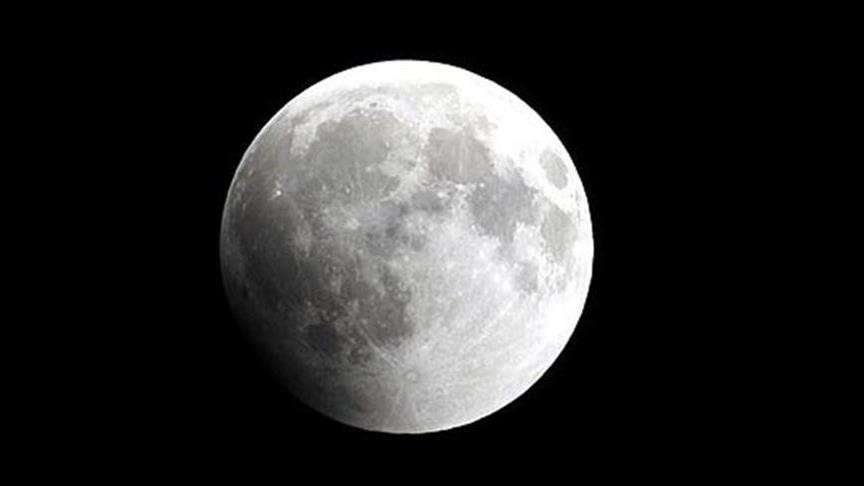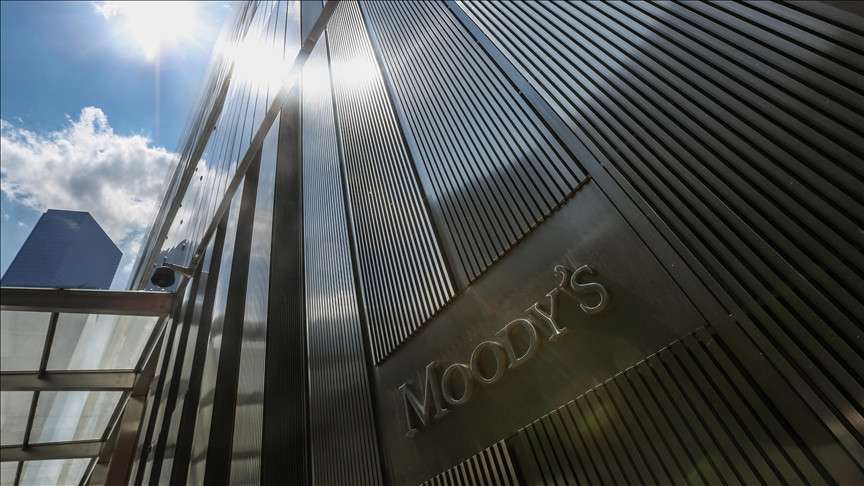Moon's age: New study suggests it is older than previously thought
Moon's age: New study suggests it is older than previously thought
Latest research pushes Moon’s age 100 million years back, challenging long-held theories
A groundbreaking new study suggests that the Moon may be more than 100 million years older than previously believed, challenging the long-held theory that it formed 4.35 billion years ago when a Mars-sized object collided with early Earth.
Researchers now estimate the Moon formed approximately 4.51 billion years ago and underwent a dramatic "re-melting" event during its early evolution, according to a recent study published in the journal Nature on Wednesday.
This process, driven by Earth's gravitational tugs as the Moon drifted away, super-heated its surface and effectively "reset all the clocks" in lunar rock samples, noted lead author Francis Nimmo, a professor at UC Santa Cruz.
"So the moon rocks are not telling us when the moon formed, but they are telling us when a later event happened that heated the moon," Nimmo explained.
Shedding light on ancient history
The findings could reconcile a decades-long debate among scientists about the Moon's age.
They may also explain why minerals found in Apollo mission samples, such as zircon, date back 4.5 billion years, which is older than previously assumed formation theories could account for.
Carsten Munker, a geologist at the University of Cologne who was not involved in the study, described the findings as a significant step forward, NBC News reported on Thursday.
"This certainly moves our understanding closer," he said, noting the importance of refining the timeline of early solar system events to better understand planetary formation.
Future lunar missions, including NASA’s Artemis and China’s Chang’e 6, are expected to shed more light on the Moon’s ancient history.
Yorumunuz başarıyla alındı, inceleme ardından en kısa sürede yayına alınacaktır.



















